How do you create a home that truly reflects your style and needs? Whether it’s a modern kitchen fit for a master chef, a luxurious SAP-like bathroom, or an airy extension that brings the outdoors in, home renovations can unlock your home’s full potential.
London’s dynamic housing market and evolving lifestyles often lead homeowners to consider renovations. Whether you’re craving a more modern kitchen, a spacious loft conversion, or simply a refreshed look for your property, home renovations can offer a wealth of benefits.
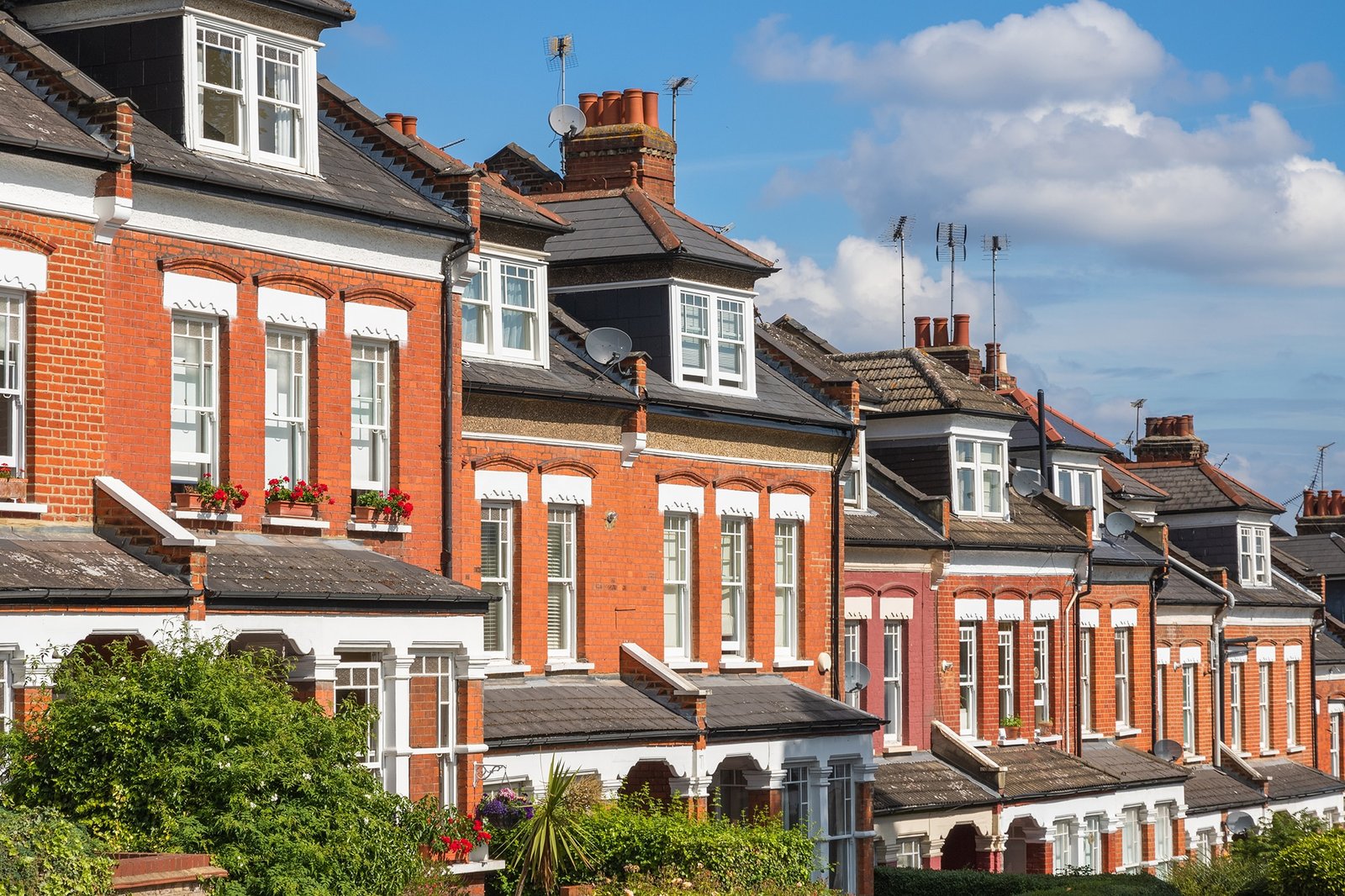
Why Renovate Your Home?
A well-executed renovation can significantly boost your home’s market value, making it a wise investment for the future. Renovations can transform outdated or inefficient spaces into functional areas that better suit your lifestyle and needs. They can modernise your home and create a more comfortable, enjoyable, and aesthetically pleasing living environment. Also, renovations often incorporate energy-saving features, leading to reduced energy bills and a smaller environmental footprint. Renovating your home will also allow you to stay in your beloved neighbourhood and avoid the stress and expense of relocating.
What Exactly Defines A “Home Renovation”?
A home renovation can be broadly defined as any change you make to your home to improve it, but reality there is not a single, clear-cut definition. Home renovations encompass a broad spectrum of projects, ranging from small cosmetic updates to large-scale structural changes.


What are some of the most common home renovation projects?
Cosmetic Upgrades.
These are improvements that enhance the look and feel of your space without changing its layout. (e.g. painting, replacing flooring, installing new fixtures, or updating finishes.)
Enhanced Curb Appeal: Cosmetic upgrades, such as a fresh coat of paint, new siding, or updated landscaping, can significantly improve your home’s exterior appearance. This can make a positive first impression on potential buyers if you decide to sell in the future.
Increased Home Value: While cosmetic upgrades primarily focus on aesthetics, they can still contribute to your home’s overall value. A well-maintained and visually appealing property is more likely to attract buyers and command a higher selling price.
Improved Functionality and Comfort: Cosmetic upgrades can also address functional issues. For example, replacing old windows can improve energy efficiency, while updating fixtures and finishes can make your home more comfortable and enjoyable.
Personalized Living Space: Cosmetic renovations allow you to tailor your home to your individual taste and style. You can choose colours, materials, and finishes that reflect your personality and create a unique living environment.
Quick Turnaround Time: Compared to major renovations, cosmetic upgrades often have shorter completion times. This means you can enjoy the benefits of your upgrades sooner and minimize disruption to your daily life.
Cost: While cosmetic upgrades are generally less expensive than structural renovations, they still require a financial investment. It’s essential to establish a realistic budget and carefully consider the return on investment (ROI).
Potential Overcapitalization: In some cases, investing in extensive cosmetic upgrades may not yield a proportional increase in your home’s value. It’s important to research the local real estate market and understand what types of upgrades are most valued by buyers in your area.
Trend-Driven Decisions: Cosmetic trends can change quickly. What’s popular today may not be desirable in a few years. If you are thinking of selling, choose timeless designs and materials to ensure your upgrades have lasting appeal.
DIY Limitations: While some cosmetic upgrades can be tackled as DIY projects, others require professional expertise. Hiring qualified contractors is crucial for ensuring quality workmanship and avoiding costly mistakes.
If your cosmetic upgrades are not a DIY task, make sure partner with a reputable construction company.
Look for companies with experience in cosmetic renovations, positive customer reviews, and a portfolio of successful projects. It can also be helpful to work with companies that are local to your area.
Cosmetic upgrades can be a valuable investment for London homeowners. They can enhance your home’s appearance, functionality, and value while allowing you to create a personalized living space. However, it’s important to weigh the potential benefits against the costs and consider long-term ROI.

Functional Improvements
These changes usually focus on improving the usability and efficiency of your home. This could involve reconfiguring a bathroom, creating better storage solutions, or upgrading outdated electrical systems.
London homeowners often contemplate functional improvements to enhance their living spaces and adapt their homes to evolving needs. However, embarking on such projects requires careful consideration of the benefits and drawbacks involved.
Improved Liveability and Comfort: Functional upgrades, reconfiguring layouts, upgrading kitchens or bathrooms, or adding insulation, can significantly enhance the comfort and functionality of your home.
Increased Energy Efficiency: Many functional improvements, such as installing energy-efficient windows, upgrading heating and cooling systems, or adding insulation, can lead to reduced energy consumption. This translates to lower utility bills and a smaller environmental footprint, making your home more sustainable and cost-effective in the long run.
Enhanced Resale Value: Functional upgrades often have a positive impact on a property’s resale value. Potential buyers appreciate features like modern kitchens, updated bathrooms, or well-insulated spaces. By investing in functional improvements, you can increase your home’s appeal to future buyers.
Adapting to Changing Needs: Functional improvements allow you to tailor your home to your evolving lifestyle. Whether it’s creating a home office, accommodating a growing family, or adding an accessible bathroom, these upgrades ensure that your home remains suitable for you and your family.
Cost: Functional improvements can be costly, depending on the scope and complexity of the project. Budgeting carefully and exploring financing options are essential to ensure the project remains financially feasible.
Disruption and Inconvenience: Functional improvements often involve significant construction work, which can disrupt daily life. It’s crucial to plan for temporary living arrangements or adjustments to your routine during the renovation process.
Permits and Regulations: Obtaining necessary permits and adhering to building regulations are essential aspects of functional home improvements. Navigating this process can be time-consuming and may require professional assistance.
Unexpected Issues: Unforeseen problems can arise during construction, potentially leading to delays and additional costs. It’s essential to have contingency plans in place to address unexpected challenges.
Choosing the right construction company is paramount for the success of your functional home improvement project. Research and compare different companies, checking their credentials, experience, and customer reviews. Look for companies specializing in the type of improvements you require and ensure they are licensed and insured.

Extensions
A home extension is when you add a room or set of rooms physically attaching them to an existing house. Its primary purpose is to increase the property’s living space.
London homeowners often find themselves grappling with the desire for more space. Whether it’s a growing family, a need for a dedicated home office, or simply the yearning for a larger living area, a home extension can be the perfect solution.
Increased Living Space: The most obvious benefit of a home extension is the added square footage it provides. Extensions are perfect solutions to create a larger kitchen, an extra bedroom, a home office, or a spacious living room.
Enhanced Property Value: Home extensions often lead to a significant increase in property value. The additional space and improved functionality can make your home more appealing to potential buyers should you choose to sell in the future.
Tailored to Your Needs: Unlike moving to a new home, a home extension allows you to customize the space to perfectly suit your lifestyle and preferences. You have the flexibility to design the layout, choose the materials, and create a space that reflects your unique personality.
Avoids the Hassle of Moving: Moving homes can be a stressful and expensive process. A home extension offers an alternative that allows you to stay in your current neighbourhood and avoid the upheaval of relocating. They are also potentially a much more affordable solution.
Cost: Home extensions can be a significant financial investment. The cost will vary depending on the size and complexity of the project. It’s important to budget carefully and factor in potential unforeseen expenses.
Planning Permission and Regulations: Obtaining planning permission and adhering to building regulations can be a time-consuming and complex process. It’s advisable to consult with an architect or planning consultant to ensure your project complies with all requirements.
Disruption: Construction work can be disruptive to your daily life. You may need to temporarily relocate or make adjustments to your routine while the work is underway.
Potential for Delays: Unexpected issues can arise during construction, leading to delays and potentially additional costs. It’s crucial to have contingency plans in place to mitigate these risks.
Overcapitalization: In some cases, the cost of the extension may not be fully reflected in the increased property value. It’s essential to research the local real estate market and ensure your investment is proportional to potential returns.
Look for companies with proven experience in home extensions. They will have a deep understanding of local regulations and the specific challenges of building in the city. Check online reviews and testimonials to gauge the company’s reputation and customer satisfaction and review the company’s portfolio to see examples of their previous work and ensure their style aligns with your vision.
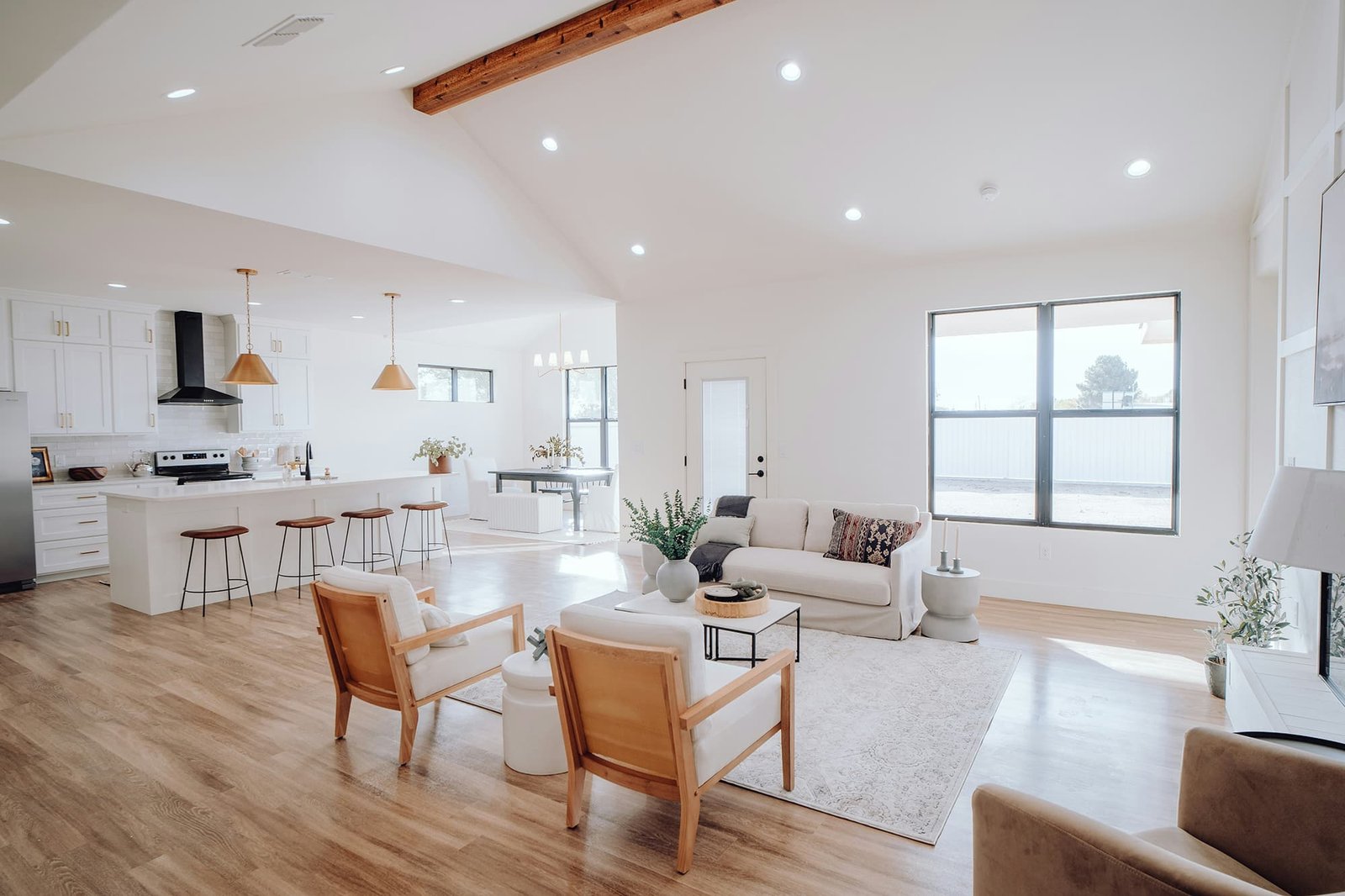
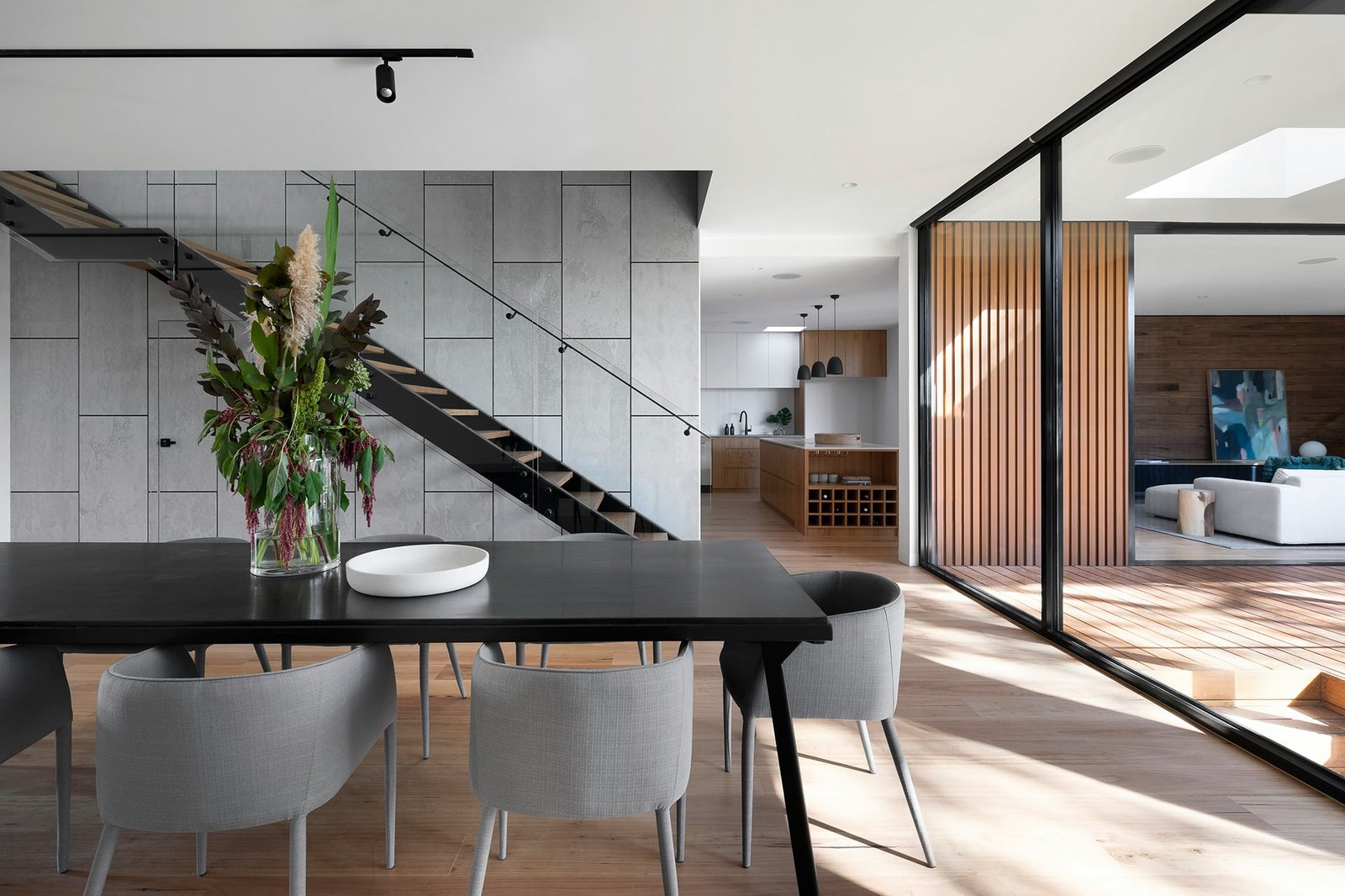
Conversions
These refer to transforming unused spaces like lofts, garages, or basements into functional rooms. Conversions can significantly increase your living area and add value to your property.
For London homeowners seeking to maximize their living space without the upheaval of moving, home conversions offer an enticing solution. By transforming existing areas like lofts, basements, or garages, homeowners can create additional bedrooms, bathrooms, living areas. However, like any home improvement project, conversions come with their own set of advantages and disadvantages.
Maximizing Existing Space: Home conversions are a cost-effective way to add valuable square footage to your property without the need for moving to a larger home. By utilizing underutilized spaces, you can create functional rooms tailored to your specific needs.
Increased Property Value: A well-executed home conversion can significantly enhance your property’s market value. Additional bedrooms, bathrooms, or living areas are highly sought after by buyers, making your home more appealing and potentially commanding a higher selling price.
Tailored to Your Lifestyle: Conversions offer a high degree of flexibility and customization. You can design the space to perfectly suit your lifestyle, whether it’s creating a home office, a playroom for children, a guest suite, or a rental unit for additional income.
Minimal Disruption: Compared to extensions, conversions often involve less disruption to your daily life. Since the work primarily focuses on transforming existing spaces, the construction process can be less intrusive and have a shorter duration. Though do keep in mind that depending on the size of the job, you could potentially still have to relocate temporarily while your home is being transformed.
Energy Efficiency: Modern conversions often incorporate energy-efficient features, such as insulation, double-glazed windows, and efficient heating systems. This can lead to reduced energy consumption and lower utility bills.
Planning Permission and Regulations: Depending on the type and scope of the conversion, planning permission may be required. Additionally, building regulations need to be adhered to, ensuring the converted space meets safety and structural standards. Navigating these requirements can be complex and time-consuming.
Unexpected Costs: Hidden issues, such as structural problems or outdated wiring, can arise during the conversion process, leading to unexpected costs and delays. It’s crucial to have a contingency budget to address such unforeseen challenges.
Limited Natural Light: Some conversions, particularly basement conversions, may have limited access to natural light. Careful planning and design, incorporating features like light wells or larger windows, are essential to ensure the converted space is bright and inviting. Make sure you work with a good architect or interior designer to make sure your conversion is an inviting space.
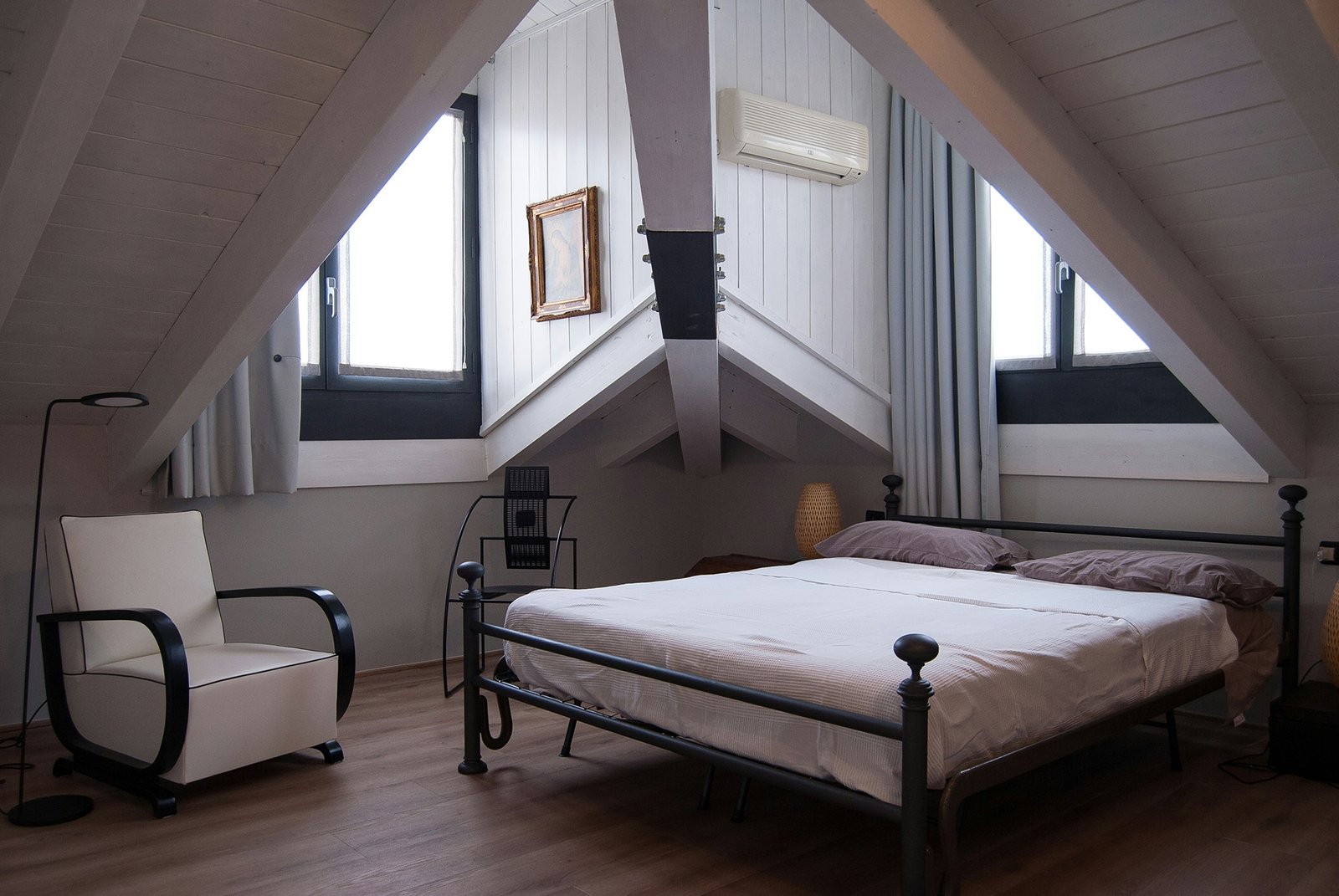
Structural Work
These include major projects like knocking down walls, adding load-bearing beams, or raising the roof. Most structural work will require careful planning and professionals to carry them out.
Homeowners in London often contemplate structural renovations to transform their living spaces, address underlying issues, or create entirely new layouts. However, these ambitious projects involve significant considerations, both in terms of potential benefits and challenges.
Transformative Potential: Structural renovations offer the most dramatic transformation of your living space. By removing walls, adding supports, or altering the roofline, you can create open-plan layouts, increase natural light, and fundamentally change the flow and functionality of your home.
Addressing Structural Issues: If your home suffers from structural problems like cracks, subsidence, or unstable foundations, structural renovations are essential for ensuring its safety and longevity. These renovations can rectify existing issues and prevent further damage, protecting your investment.
Increased Property Value: Major structural renovations can significantly boost your property’s market value. The addition of square footage, improved functionality, and enhanced aesthetics are all attractive features to potential buyers.
Energy Efficiency: Structural renovations often involve upgrading insulation, windows, and doors, leading to improved energy efficiency. This can translate to lower energy bills and a reduced carbon footprint, making your home more sustainable and cost-effective.
Customization: Structural renovations offer a high degree of customization, allowing you to tailor your home to your exact needs and preferences.
Cost: Structural renovations are typically the most expensive type of home renovation project. The extensive work involved, including engineering assessments, permits, and specialized labour, can quickly add up.
Disruption: These renovations are often extensive and disruptive, requiring temporary relocation or significant adjustments to your living arrangements. The process can be lengthy noisy, dusty, and inconvenient.
Planning Permission and Regulations: Structural changes more often than not will require planning permission and adherence to strict building regulations. Navigating this process can be complex and time-consuming, requiring expert guidance.
Unforeseen Issues: Structural renovations can uncover hidden problems, such as dampness, rot, or asbestos. Addressing these unexpected issues can lead to additional costs and delays.
Stress and Complexity: Managing a large-scale structural renovation can be stressful and complex. It’s crucial to have a clear plan, a reliable contractor, and realistic expectations to ensure a smooth process.

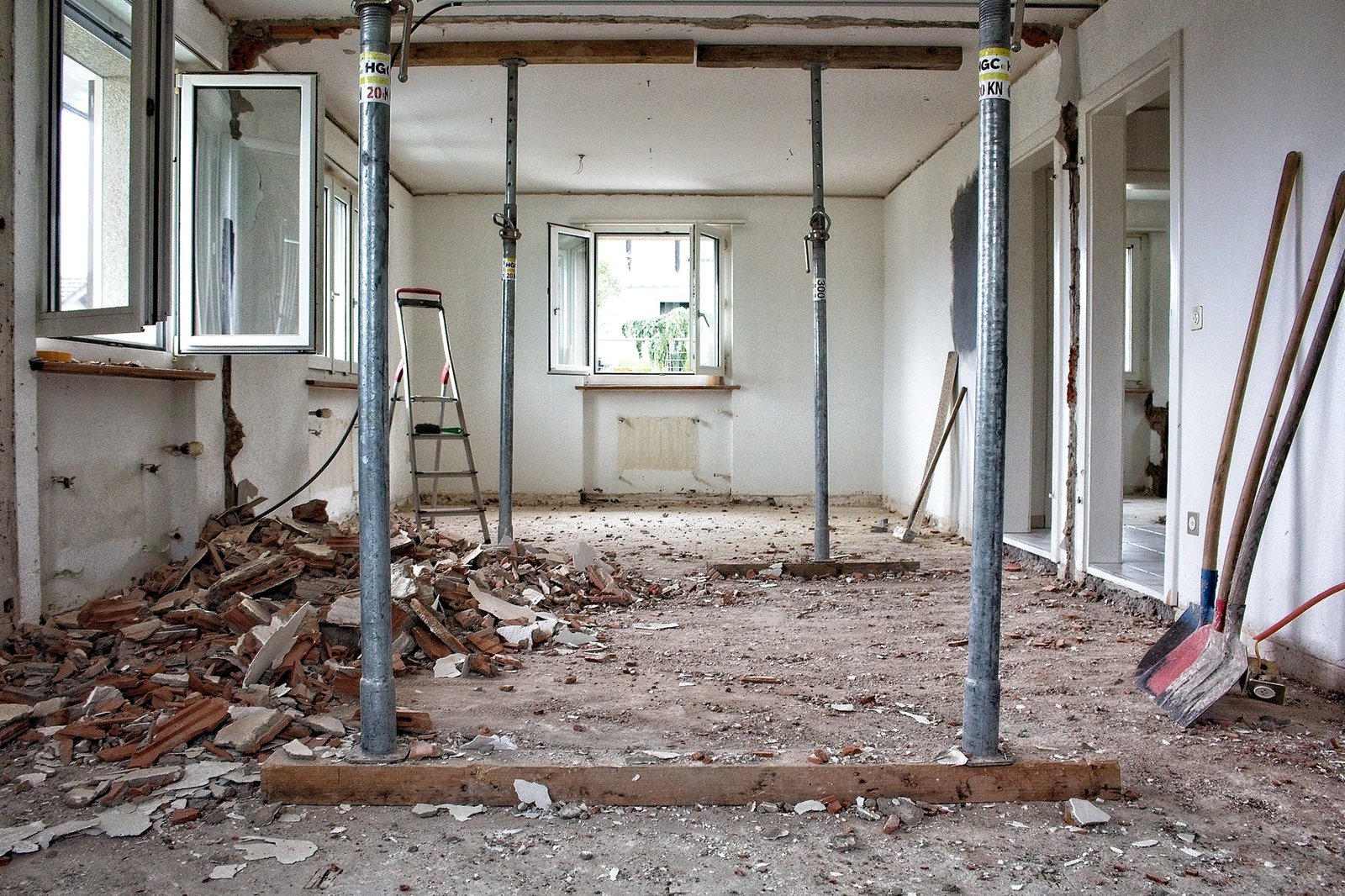
External Renovations
Revamping your facade, adding a patio, or landscaping your garden would be considered an external renovation – they can significantly enhance your home’s curb appeal.
Enhanced Curb Appeal: One of the most immediate benefits of external renovations is the dramatic improvement in your home’s curb appeal. A fresh coat of paint, new siding, updated windows and doors, or a redesigned landscape can transform a tired-looking facade into a food looking home that can make a lasting impression not only on your visitors but also potential buyers.
Increased Property Value: Well-executed external renovations can significantly increase your property’s market value. A visually appealing and well-maintained exterior is a major selling point for potential buyers.
Weatherproofing and Protection: External renovations can help protect your home from the elements. New roofing, siding, and weatherproofing measures can safeguard your property from rain, wind, and other harsh weather conditions, preventing costly damage and repairs.
Cost: External renovations can be a significant financial investment. The cost will vary depending on the scope of the project, but it’s important to budget carefully and factor in potential unforeseen expenses.
Planning Permission and Regulations: Depending on the extent of your renovations, you may need to obtain planning permission from your local council. Additionally, you’ll need to comply with building regulations to ensure the work is carried out safely and to a high standard.
Disruption: External renovations can be disruptive, with scaffolding, noise, and dust. You may need to temporarily relocate or make adjustments to your routine while the work is underway.
Weather Dependency: Outdoor work is often weather-dependent. It’s essential to factor in potential delays when planning your project timeline.

Choosing the Right Builder for Your Renovation:
Regardless of the kind of renovation you have in mind, you will most probably need to hire a contractor. So what should you be looking for when choosing the right team to help you create the perfect home?
Experience: Seek out builders with proven experience in your area. They’ll understand local regulations and the specific challenges of working in the city.
Specialization: Choose a builder specializing in the type of renovation you’re planning, whether it’s kitchen remodelling, extensions, or loft conversions.
Reputation: Check online reviews, testimonials, and references to gauge the builder’s reputation and customer satisfaction.
Portfolio: Review the builder’s portfolio to see examples of their previous work and ensure their style aligns with your vision.
Communication: Choose a builder who communicates clearly, listens to your ideas, and keeps you updated throughout the process.
Licensing & Insurance: Ensure the builder is fully licensed and insured to protect yourself from liability in case of accidents or damage.
Detailed Estimates: Get detailed written estimates outlining the scope of work, materials, timeline, and payment schedule.
By carefully considering these factors, you can find a reputable and experienced builder who will transform your London home into a space you’ll love for years to come. At Dominant Construction we are always happy to have a chat about your renovation projects. If you are planning a kitchen extension, loft or basement conversion or changing your home’s layout, give us a call.

